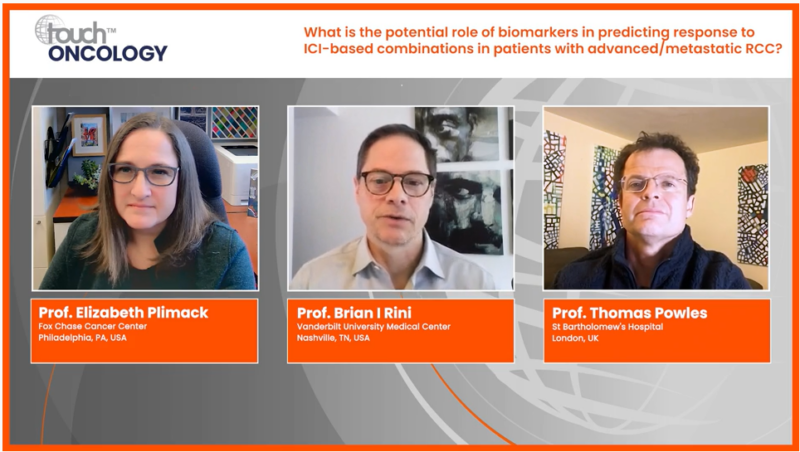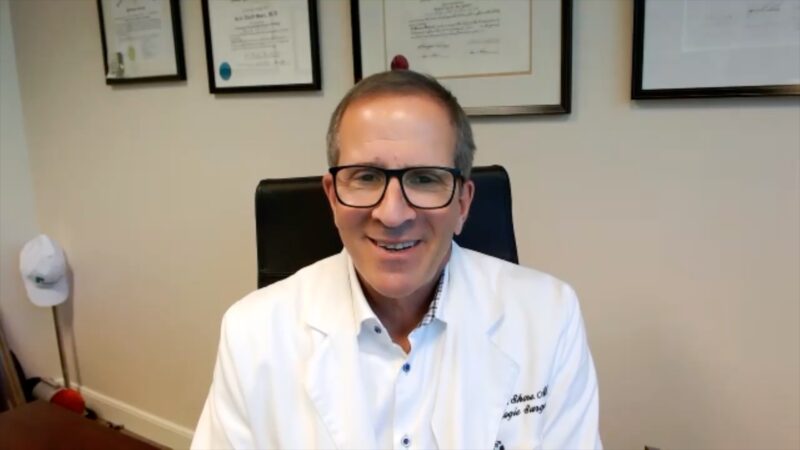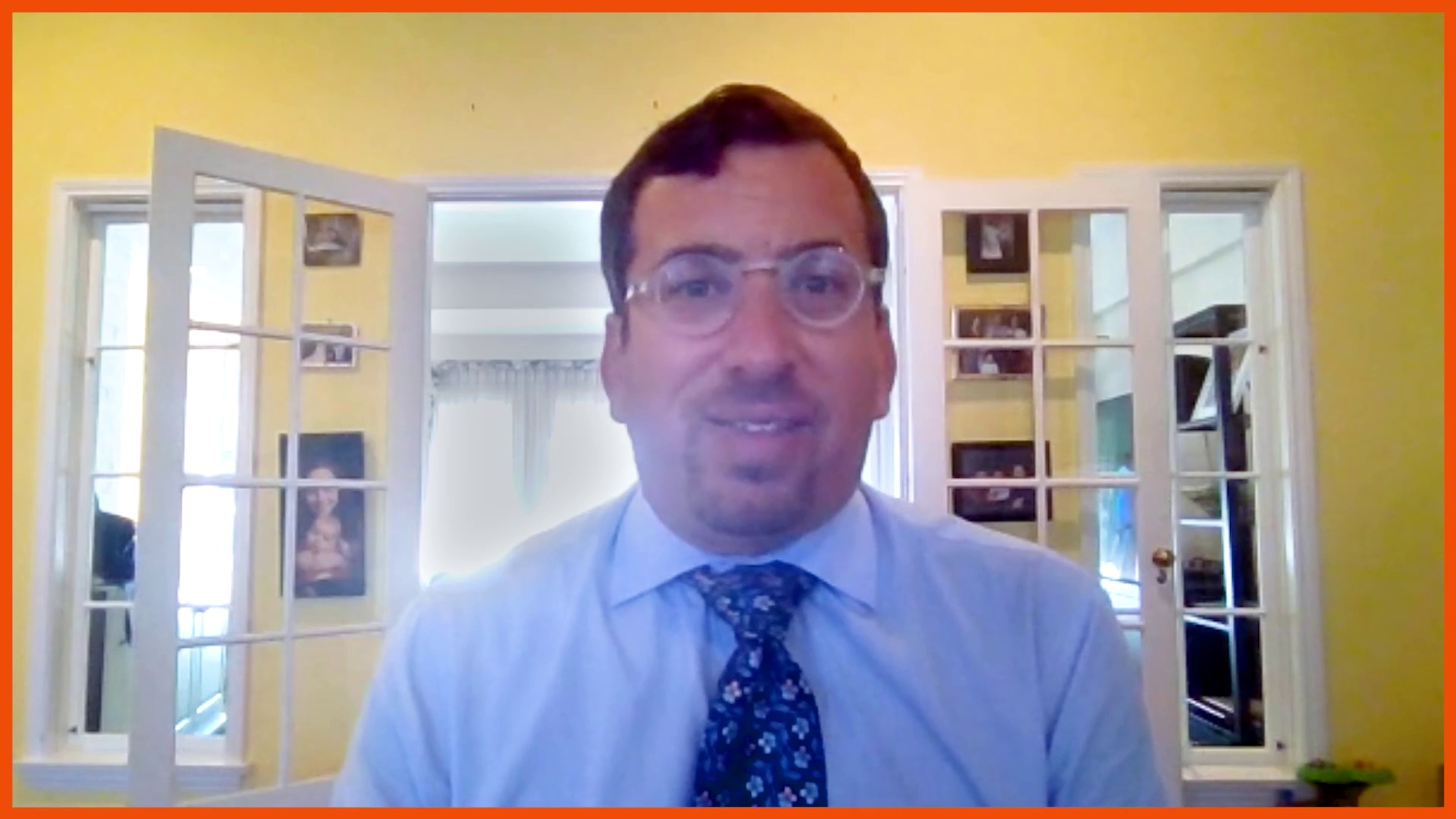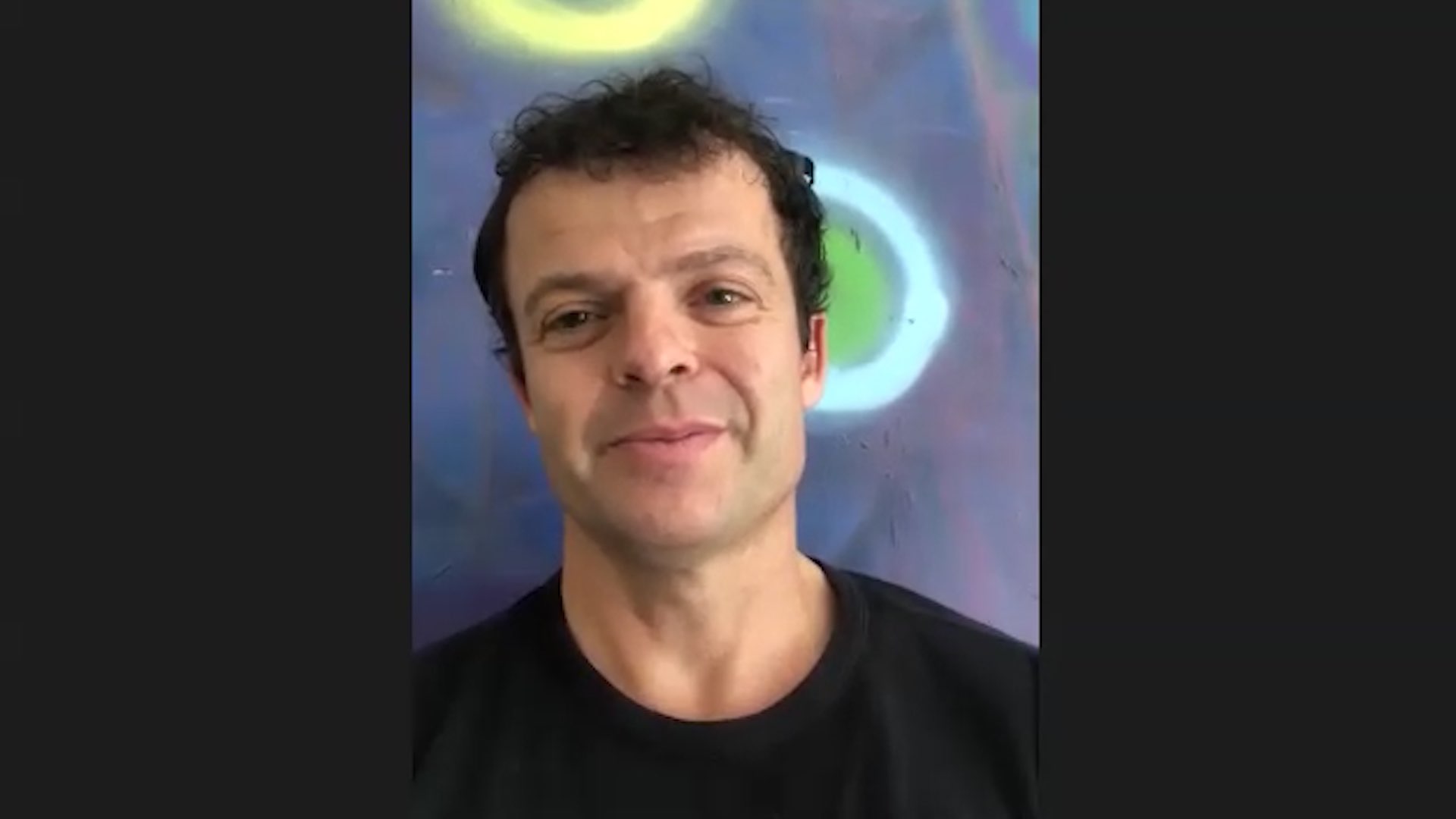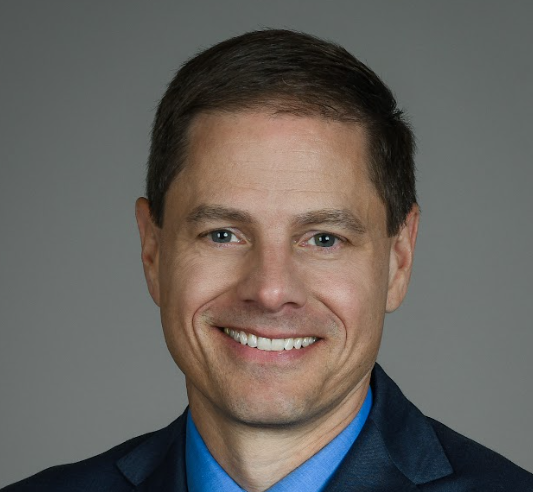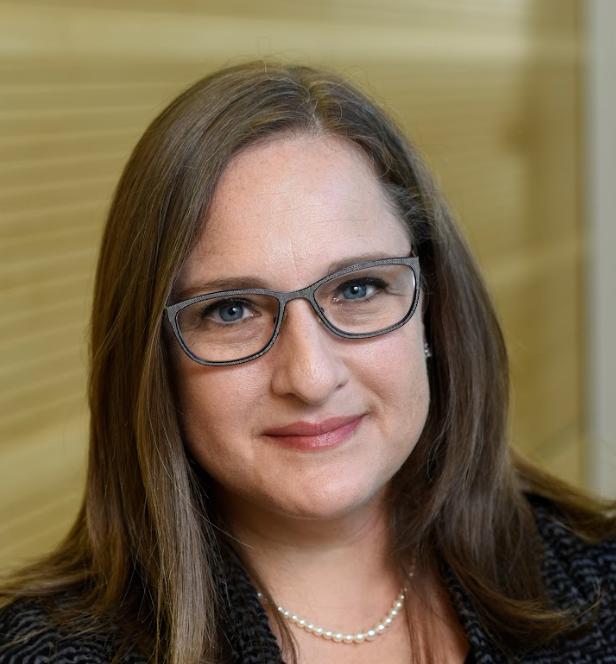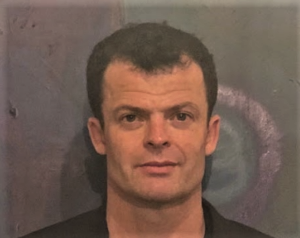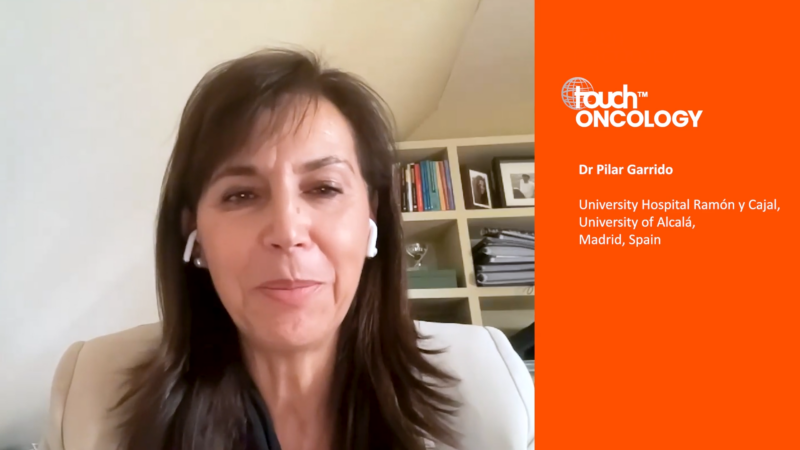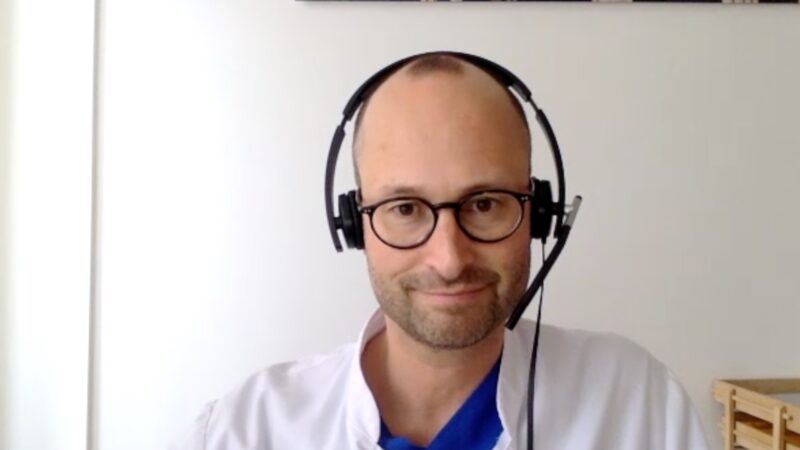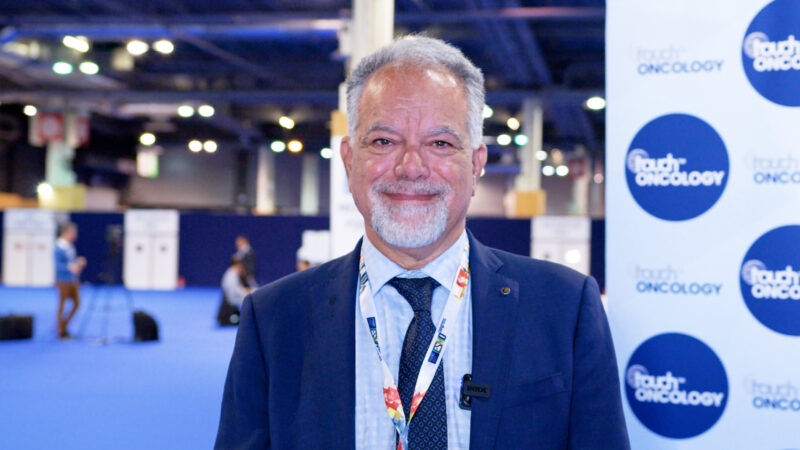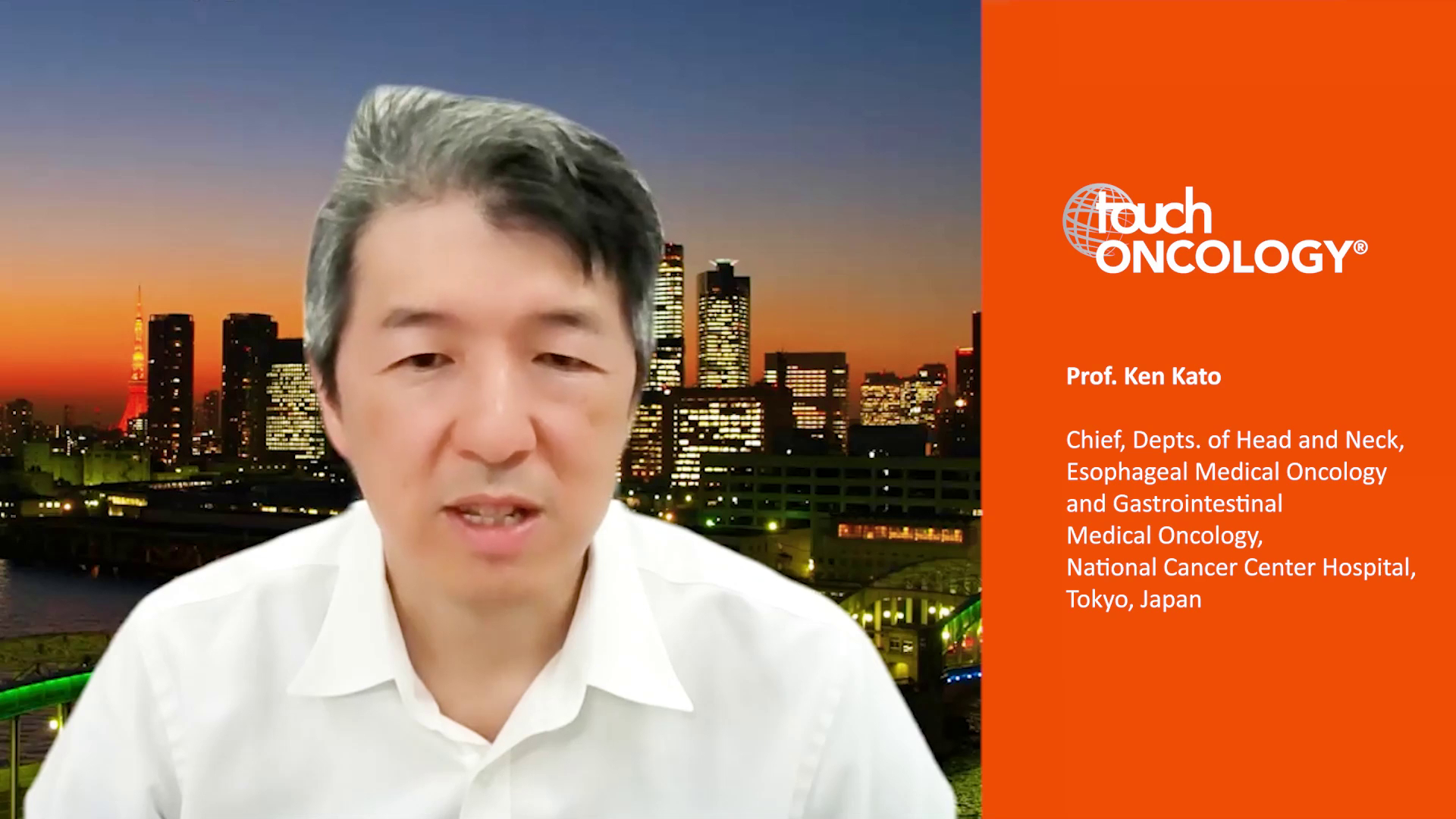touchCONGRESS
 Our faculty interpret key data from the congress, complimented by an expert panel discussing what has been presented.
Close
Our faculty interpret key data from the congress, complimented by an expert panel discussing what has been presented.
Close
 Our faculty interpret key data from the congress, complimented by an expert panel discussing what has been presented.
Close
Our faculty interpret key data from the congress, complimented by an expert panel discussing what has been presented.
Close
Immunotherapy-based combinations for advanced/metastatic renal cell carcinoma: What have we learned from ASCO GU 2023?
- Downloads including slides are available for this activity in the Toolkit
Learning Objectives
After watching this activity, participants should be better able to:
- Evaluate the latest efficacy and safety data for immune checkpoint inhibitor-based combinations in the treatment of advanced or metastatic RCC
- Summarize the latest data on the use of biomarkers to predict response to immune checkpoint inhibitor-based combinations
- Explain how the latest data on the use of immune checkpoint inhibitor-based combinations for the treatment of advanced or metastatic RCC may be implemented in clinical practice
Overview
In this activity, a renal cell carcinoma (RCC) expert reviews key data on immune checkpoint inhibitor (ICI)-based regimens for RCC from the ASCO GU 2023 Congress and discusses with two additional leading experts how these data may apply in clinical practice.
This activity was filmed following the ASCO GU 2023 Congress (San Francisco, CA, USA, 16–18 February 2023).
This activity is jointly provided by USF Health and touchIME. read more
Target Audience
This activity has been designed to meet the educational needs of oncologists, oncology surgeons and radiologists involved in the management of patients with RCC.
Disclosures
USF Health adheres to the Standards for Integrity and Independence in Accredited Continuing Education. All individuals in a position to influence content have disclosed to USF Health any financial relationship with an ineligible organization. USF Health has reviewed and mitigated all relevant financial relationships related to the content of the activity. The relevant financial relationships are listed below. All individuals not listed have no relevant financial relationships.
Faculty
Prof. Brian I Rini discloses: Advisory board or panel fees from Alkermes, Aravive, Arrowhead Pharmaceuticals, Athenex Pharmaceuticals, Aveo Oncology, Bristol Myers Squibb, Corvus Pharmaceuticals, Debiopharm, Eisai, EUSA Pharma, Genentech, HiberCell, Merck, Nikang Therapeutics, Pfizer, Surface Oncology and Synthorx. Consultancy fees from Alkermes, Aravive, Arrowhead Pharmaceuticals, Athenex Pharmaceuticals, Aveo Oncology, Bristol Myers Squibb, Corvus Pharmaceuticals, Debiopharm, Eisai, EUSA Pharma, Genentech, HiberCell, Merck, Nikang Therapeutics, Pfizer, Surface Oncology and Synthorx. Grants/research support from ADC Therapeutics, Adela, Aravive, Arcus Biosciences, Arrowhead Pharmaceuticals, AstraZeneca, Aveo Oncology, Bristol Myers Squibb, Daiichi Sankyo, Dracen Pharmaceuticals, Dragonfly Therapeutics, Exelixis, Genentech, Gilead, HiberCell, Incyte, Janssen, Merck, Pfizer, Pionyr Immunotherapeutics, POINT Biopharma, Strata Oncology, Surface Oncology, Tempus and VasGene Therapeutics. Stock/shareholder (self-managed) PTC Therapeutics.
Prof. Elizabeth Plimack discloses: Advisory board or panel fees from Astellas, AstraZeneca, Aveo, Calithera, EMD Serono, Exelixis, Genentech, IMV, Janssen, MEI Pharma, Merck, Pfizer, Regeneron, Seagen and Signatera. Consultancy fees from AstraZeneca and Infinity Pharmaceuticals. Grants/research support from Astellas, Bristol Myers Squibb, Genentech and Merck.
Prof. Thomas Powles discloses: Consultancy fees from Astellas, AstraZeneca, Bristol Myers Squibb, Eisai, Exelixis, Incyte, Ipsen, Johnson & Johnson, Merck, Merck Serono, MSD, Novartis, Pfizer, Roche and Seagen. Grants/research support from Astellas, AstraZeneca, Bristol Myers Squibb, Eisai, Exelixis, Ipsen, Johnson & Johnson, Merck, Merck Serono, MSD, Novartis, Open Health, Pfizer, Roche and Seagen.
Content reviewer
Claude Bassil, MD, FACP, FASN has no financial interests/relationships or affiliations in relation to this activity.
Touch Medical Director
Sadaf Kazi and Sola Neunie have no financial interests/relationships or affiliations in relation to this activity.
USF Health Office of Continuing Professional Development and touchIME staff have no financial interests/relationships or affiliations in relation to this activity.
Requirements for Successful Completion
In order to receive credit for this activity, participants must review the content and complete the post-test and evaluation form. Statements of credit are awarded upon successful completion of the post-test and evaluation form.
If you have questions regarding credit please contact cpdsupport@usf.edu.
Accreditations
Physicians
This activity has been planned and implemented in accordance with the accreditation requirements and policies of the Accreditation Council for Continuing Medical Education (ACCME) through a joint providership of USF Health and touchIME. USF Health is accredited by the ACCME to provide continuing medical education for physicians.
USF Health designates this enduring material for a maximum of 1.0 AMA PRA Category 1 CreditTM. Physicians should claim only the credit commensurate with the extent of their participation in the activity.
The European Union of Medical Specialists (UEMS) – European Accreditation Council for Continuing Medical Education (EACCME) has an agreement of mutual recognition of continuing medical education (CME) credit with the American Medical Association (AMA). European physicians interested in converting AMA PRA Category 1 CreditTM into European CME credit (ECMEC) should contact the UEMS (www.uems.eu).
Advanced Practice Providers
Physician Assistants may claim a maximum of 1.0 Category 1 credits for completing this activity. NCCPA accepts AMA PRA Category 1 CreditTM from organizations accredited by ACCME or a recognized state medical society.
The AANPCP accepts certificates of participation for educational activities approved for AMA PRA Category 1 CreditTM by ACCME-accredited providers. APRNs who participate will receive a certificate of completion commensurate with the extent of their participation.
Date of original release: 24 April 2023. Date credits expire: 24 April 2024.
If you have any questions regarding credit please contact cpdsupport@usf.edu.
To obtain the credit(s) from this activity, please complete this post-activity test.
Claim CreditCourse Modules
- Downloads including slides are available for this activity in the Toolkit
You may also be interested in...

REGISTER NOW FOR FREE ACCESS TO
- 1000+ topical and insightful peer-reviewed journal articles
- 100+ hours of bite-sized congress highlights
- 9 major therapy areas packed with the latest scientific advances
- 150+ specialties offering learn-on-the-go medical education
- + Concise email updates and newsletters so you never miss out








